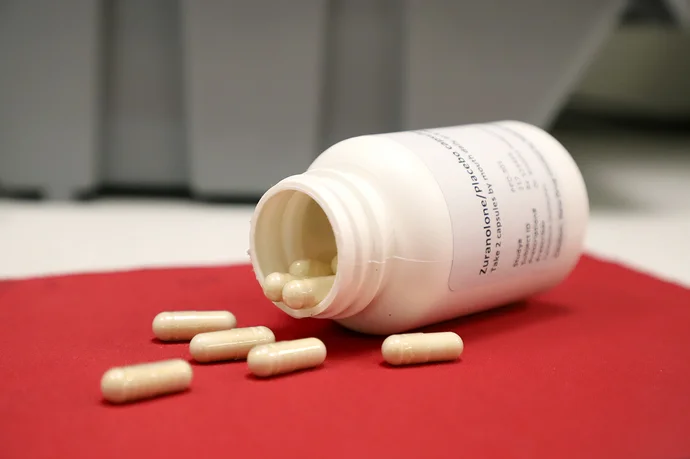FDA Approves First Pill for Postpartum Depression

One of the most common complications following childbirth is postpartum depression, known as The Fourth Trimester. One in seven new mothers experience it, and roughly half of the people with it won’t receive treatment.
Nearly 40% of Black mothers will develop postpartum depression
Last week, the Food and Drug Administration approved the first oral pill specifically made to treat postpartum depression.
The landmark approval of the new medication, called zuranolone, marks a promising breakthrough in maternal health. It is reported to work quicker than existing antidepressant treatments, and it’s given once a day for two weeks.
The longer postpartum depression goes untreated, the more difficult it can be to successfully treat it to full remission
Kristina M. Deligiannidis
Mental health struggles are the most common underlying cause of pregnancy-related deaths.
“This is a major addition to our toolbox and will hopefully spark more conversations about the stigma new parents face when seeking mental health care,” said Nancy Byatt, a University of Massachusetts Chan Medical School perinatal psychiatrist, about the fast-acting medication. Byatt was not involved in developing zuranolone.
Black mothers are especially vulnerable to PPD, as close to 40% will develop the condition. They are more likely to have postpartum depression and less likely to be treated, with socioeconomic factors and systemic racism contributing to the disparity.
Mental health stigmas and distrust in healthcare systems are among reasons why Black women aren’t treated or don’t continue treatment for PPD.
A zuranolone study showed a significant relief in postpartum depression symptoms after three days.
“The longer postpartum depression goes untreated, the more difficult it can be to successfully treat it to full remission,” said Kristina M. Deligiannidis, a behavioral scientist and the study’s lead author. “Zuranolone isn’t meant to replace existing treatment options like talk therapy, but the fact that we can see improvements within three days is important.”
